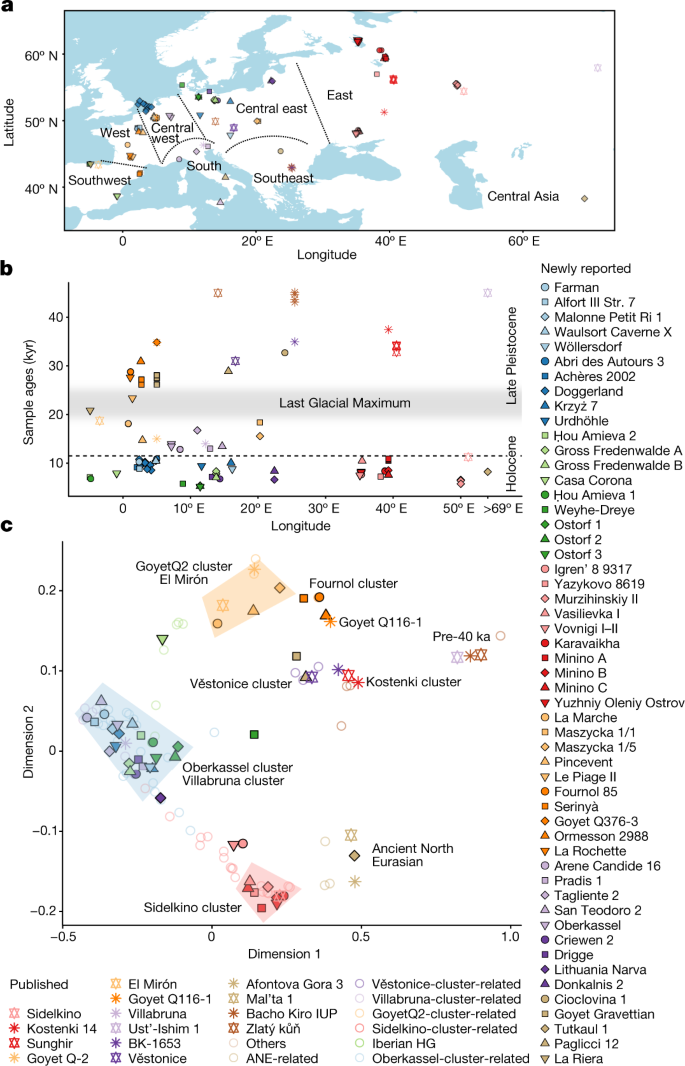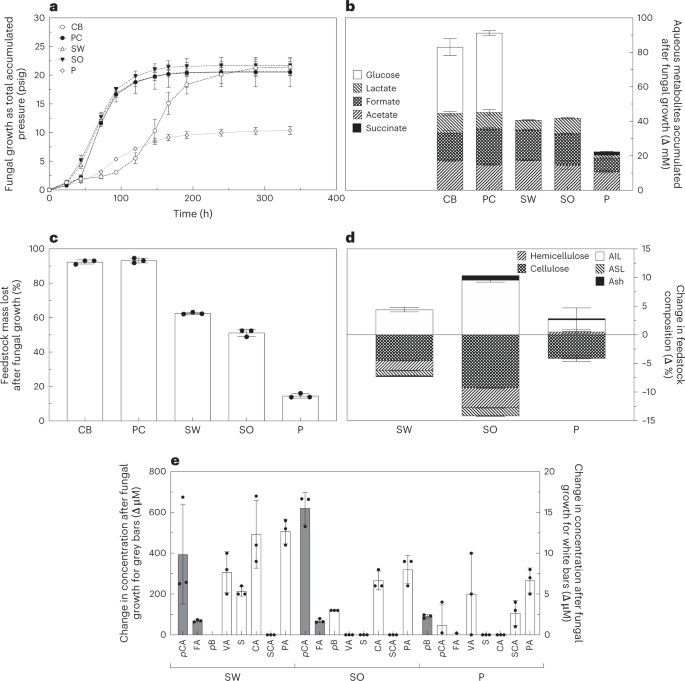- C反応性タンパク質(CRP)の生物学的機能は長い間不明であった。今回、研究者らは、このタンパク質が、炎症性疾患であるSLEにおいて有益な機能を持つことを明らかにした。しかし、このことは、CRPの2つの形態のうちの1つにのみ当てはまるとのことです。 The biological function of the C-reactive protein, CRP, has long been unknown. Researchers at LiU now show that this protein has a beneficial function in systemic lupus erythematosus, SLE, an inflammatory disease. But this is true only for one of CRP’s two forms, according to the study.
C反応性タンパク質(CRP)の生物学的機能は長い間不明であった。今回、研究者らは、このタンパク質が、炎症性疾患であるSLEにおいて有益な機能を持つことを明らかにした。しかし、このことは、CRPの2つの形態のうちの1つにのみ当てはまるとのことです。 The biological function of the C-reactive protein, CRP, has long been unknown. Researchers at LiU now show that this protein has a beneficial function in systemic lupus erythematosus, SLE, an inflammatory disease. But this is true only for one of CRP’s two forms, according to the study.
2023-03-09 リンショーピング大学
CRPは、全ての動物に見られる古代のタンパク質であり、病気や感染症のマーカーとしても広く使用されている。しかし、その生物学的な影響についてはあまり研究されてこなかった。
SLE患者の場合、体内の炎症が高くてもCRPレベルが低いことが多いため、CRPが有益な機能を持つことが示唆された。
研究により、CRPの形態が重要であることも明らかになった。5つの同一単位から構成されるCRPのペンタマー形状が、インターフェロン反応を抑制することができることがわかった。
これにより、自己免疫疾患やウイルス感染症の治療法について新しい可能性が開けた。
<関連情報>
- https://liu.se/en/news-item/c-reactive-protein-reduces-the-immune-response-in-inflammatory-disease
- https://www.sciencedirect.com/science/article/pii/S0896841123000070?via%3Dihub
C反応性タンパク質の構造状態は、免疫複合体トリガーによるI型インターフェロン反応の抑制に重要である。I型インターフェロン遺伝子の異常によって刷り込まれる自己免疫疾患の発症メカニズムへの示唆 Conformational state of C-reactive protein is critical for reducing immune complex-triggered type I interferon response: Implications for pathogenic mechanisms in autoimmune diseases imprinted by type I interferon gene dysregulation
Cecilia Svanberg, Helena Enocsson, Melissa Govender, Klara Martinsson, Lawrence A. Potempa, Ibraheem M. Rajab, Rafael Fernandez-Botran, Jonas Wetterö, Marie Larsson , Christopher Sjöwall
Journal of Autoimmunity Available online: 25 January 2023
DOI:https://doi.org/10.1016/j.jaut.2023.102998

Highlights
- •CRP inhibited immune complex-triggered IFN gene expression in PBMCs and enriched DCs.
- •SLE sera containing low CRP levels induced higher IFNα than sera with elevated CRP.
- •The conformational state of CRP was critical for reduction of the type I IFN response.
Abstract
Presence of autoantibodies targeting nuclear constituents, i.e., double-stranded DNA and small nuclear ribonucleoproteins (snRNPs), remain a cornerstone in systemic lupus erythematosus (SLE). Fcγ receptor IIa (FcγRIIa) dependent uptake of nucleic acid containing immune complexes (ICs) by plasmacytoid dendritic cells (PDCs) can activate toll-like receptors (TLRs) such as TLR7 and TLR9 resulting in type I interferon (IFN) production. Previously, the classical liver-derived acute-phase reactant C-reactive protein (CRP) has been suggested to reduce IC-induced type I IFN production, whereas monomeric (mCRP) vs. pentameric (pCRP) mediated effects have not yet been unraveled. Herein, peripheral blood mononuclear cells (PBMCs) or enriched blood DCs from healthy volunteers were stimulated with SLE sera, snRNP-IgG (ICs), or TLR ligands with or without pCRP, mCRP, or anti-FcγRIIa antibody. Type I IFNs and cytokine responses were investigated using quantitative PCR, ELISA, and flow cytometry.
pCRP inhibited IFN gene expression in PBMCs and enriched DCs after incubation with ICs, compared to ICs alone, whereas mCRP had significantly less inhibitory effect. The effect was independent on the order in which IC or CRP was added to the cells. In addition, pCRP inhibited IFN induced by other TLR stimulators, implicating broader inhibitory effects induced by pCRP. We demonstrate pronounced immunoregulatory functions of CRP whereas the inhibitory properties were evidently dependent on CRP’s intact conformational state. The inhibition of type I IFNs was not due to competition of FcγRs, or binding of CRP to the ICs. Our findings have implications for autoimmune IC-mediated conditions imprinted by type I IFN gene dysregulation.

